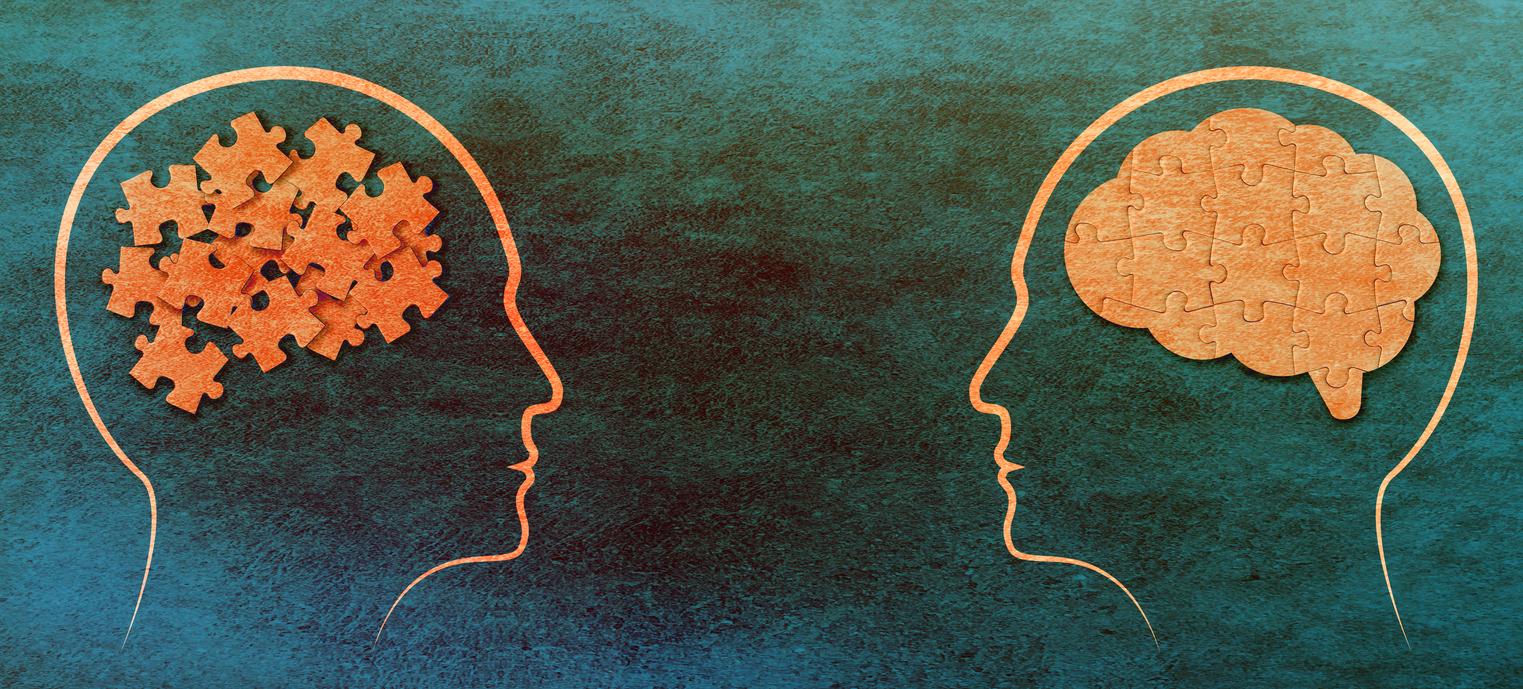Video games change the brain. They develop attention and visuospatial abilities, but also the reward system, thus promoting addiction.

Addiction, lack of sleep, sedentary lifestyle, violent behavior, epilepsy… When we talk about the effects of video games, it is often the extreme cases that are analyzed, thus conveying an alarming view of the consequences.
Often wrongly, believes Marc Palaus, neuropsychologist at the University of Catalonia (Spain). “Video games have sometimes been praised or demonized, often without hard data to back up claims one way or the other,” he explains. On the other hand, gambling has become a popular activity, so everyone seems to have a strong opinion on the subject. “
Structural and functional changes
According to his research, video games have a positive impact on the brain, both structurally and functionally. Within the Cognitive Neurolab of his university, and in collaboration with the neuropsychiatry and neuromodulation laboratory at Massachusetts General Hospital in Boston (United States), Marc Palaus conducted a large literature review of 116 studies on the effects of games video.
Among these studies, 100 were interested in structural changes, and 22 in the modifications which they could cause on the functioning of the brain, and its consequences on the behavior.
Better attention and orientation in space
The results are clear. Video games increase the size and efficiency of areas of the brain associated with visuospatial capacities – in particular the right part of the hippocampus – which, for example, make it possible to orientate oneself in space, to perceive objects of the environment or to imagine an object physically absent.
And you don’t need to be an experienced “gamer”, these modifications can be observed even with volunteers who have followed a training program of a few weeks.
On the functional side, they develop in particular sustained attention and selective attention. Players are therefore more vigilant, and better at isolating an action from the environment, for example listening to a conversation without being distracted.
Reward System
These benefits are difficult to dispute, but they have a counterpart, recalls Marc Palaus. Video games can be addicting. Again, they act structurally and functionally on an area of the brain, this time associated with reward. They therefore expose die-hard players to irrepressible cravings, as is the case with other addictive disorders.
Worried parents should therefore be wary and limit their children’s investment, while remembering that all is not bad. But all these results only concern children and adolescents: video games are now widely available on smartphones, and are often used by workers during their daily trips. In 2016, the average age of gamers was estimated at 35!
.















